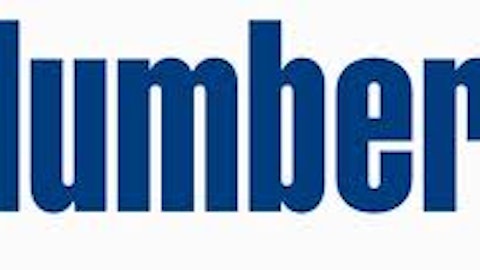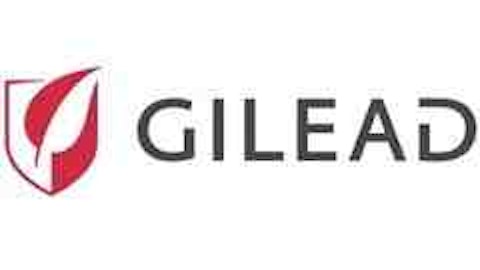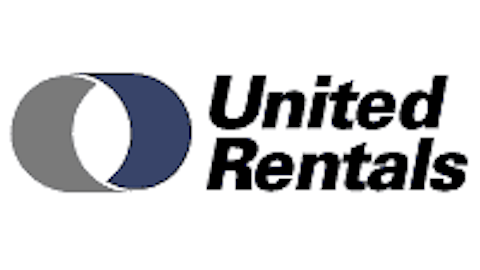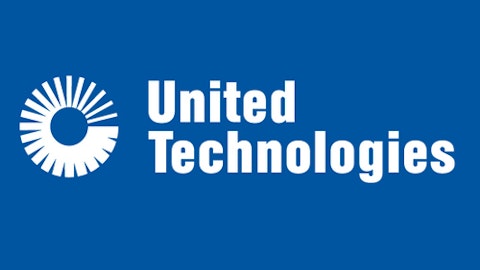Raymond James Financial, Inc. (NYSE:RJF) shareholders have witnessed an increase in hedge fund interest of late.
In the eyes of most traders, hedge funds are viewed as slow, old financial vehicles of the past. While there are greater than 8000 funds with their doors open today, we at Insider Monkey look at the upper echelon of this group, about 450 funds. It is widely believed that this group controls the majority of all hedge funds’ total asset base, and by keeping an eye on their highest performing investments, we have found a number of investment strategies that have historically beaten the broader indices. Our small-cap hedge fund strategy beat the S&P 500 index by 18 percentage points per annum for a decade in our back tests, and since we’ve began to sharing our picks with our subscribers at the end of August 2012, we have topped the S&P 500 index by 23.3 percentage points in 8 months (see the details here).
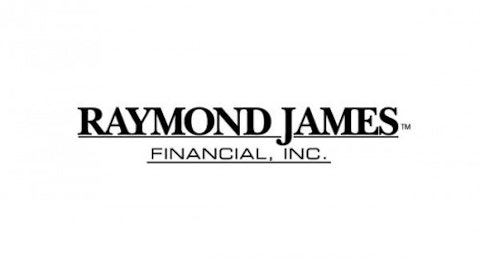
Consequently, it’s important to take a gander at the key action surrounding Raymond James Financial, Inc. (NYSE:RJF).
What have hedge funds been doing with Raymond James Financial, Inc. (NYSE:RJF)?
Heading into Q2, a total of 21 of the hedge funds we track held long positions in this stock, a change of 5% from the first quarter. With hedgies’ capital changing hands, there exists an “upper tier” of notable hedge fund managers who were boosting their holdings meaningfully.
According to our comprehensive database, Citadel Investment Group, managed by Ken Griffin, holds the biggest position in Raymond James Financial, Inc. (NYSE:RJF). Citadel Investment Group has a $91.1 million position in the stock, comprising 0.1% of its 13F portfolio. Coming in second is Fisher Asset Management, managed by Ken Fisher, which held a $69.6 million position; the fund has 0.2% of its 13F portfolio invested in the stock. Remaining hedgies that hold long positions include Chuck Royce’s Royce & Associates, Gregg J. Powers’s Private Capital Management and Phill Gross and Robert Atchinson’s Adage Capital Management.
With a general bullishness amongst the heavyweights, specific money managers were leading the bulls’ herd. Adage Capital Management, managed by Phill Gross and Robert Atchinson, assembled the largest position in Raymond James Financial, Inc. (NYSE:RJF). Adage Capital Management had 18.4 million invested in the company at the end of the quarter. Ben Levine, Andrew Manuel and Stefan Renold’s LMR Partners also initiated a $13.1 million position during the quarter. The other funds with brand new RJF positions are Malcolm Fairbairn’s Ascend Capital, D. E. Shaw’s D E Shaw, and John Overdeck and David Siegel’s Two Sigma Advisors.
How are insiders trading Raymond James Financial, Inc. (NYSE:RJF)?
Bullish insider trading is most useful when the company in question has experienced transactions within the past six months. Over the last half-year time frame, Raymond James Financial, Inc. (NYSE:RJF) has seen 2 unique insiders purchasing, and 10 insider sales (see the details of insider trades here).
Let’s also examine hedge fund and insider activity in other stocks similar to Raymond James Financial, Inc. (NYSE:RJF). These stocks are Oppenheimer Holdings Inc. (USA) (NYSE:OPY), Knight Capital Group Inc. (NYSE:KCG), Investment Technology Group (NYSE:ITG), Greenhill & Co., Inc. (NYSE:GHL), and Stifel Financial Corp. (NYSE:SF). This group of stocks are in the investment brokerage – regional industry and their market caps resemble RJF’s market cap.
